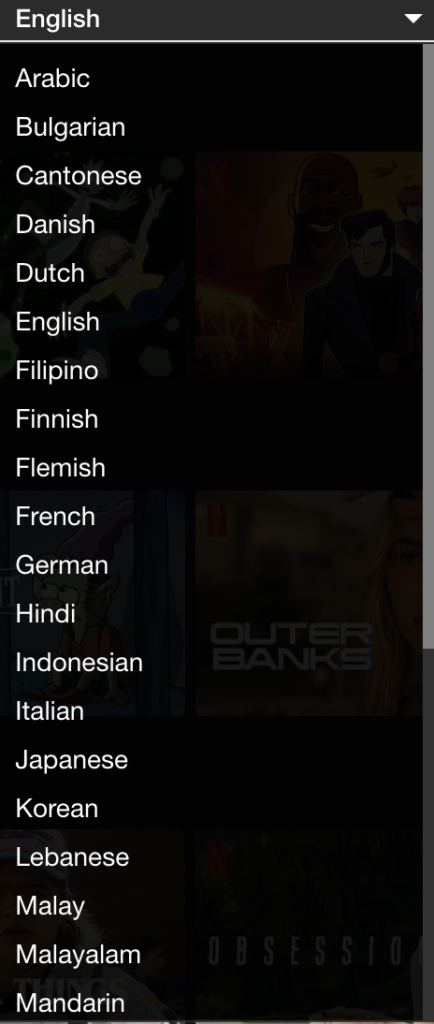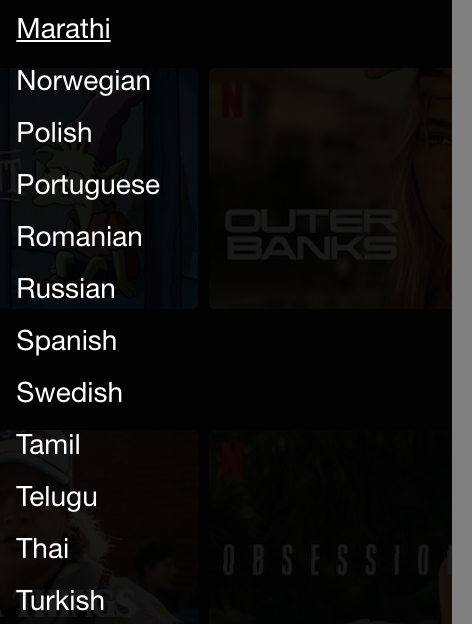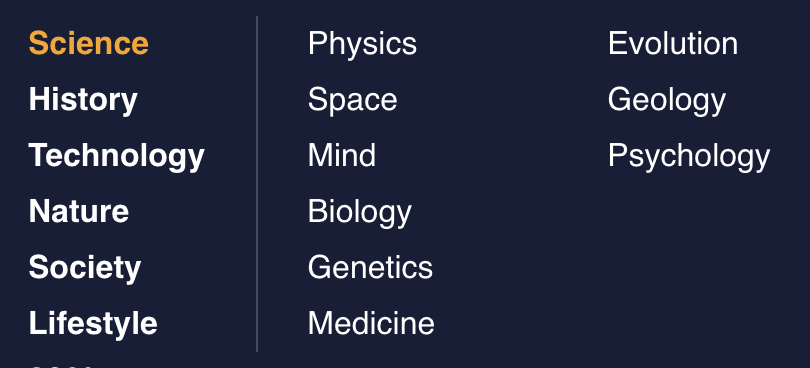Netflix – Browse By Language
Recently Netflix added a Browse by Language option which means that you can browse for content by original language. Yesterday I saw that I can browse for content in French, Italian, Polish,, Korean, German and many more languages. I could list more but that’s dull. Instead I want to focus on the opportunities it opens up.


With YouTube, Apple Films and other platforms you can search for films but they are either in French, German or Italian in Switzerland and it’s hard to find content that is in its original language.
For English speaking YouTube creators they always say with “frogspawn VPN you can pretend you’re in country A to watch content from there” etc. This does appeal to me in rare situations. What appeals more is the freedom to search for French, Italian or Korean content. By watching a film made in French, Italian, Korean or any other language you are entering a different culture.
One of my favourite films, when I watched 90 films in the span of 9 months or so was that I saw films I would not otherwise see. Brotherhood, the Korean film is excellent. I also really enjoyed Hong Kong martial arts films.
It is for this reason that last night I watched the King’s Affection, episode 1.
With Netflix and Amazon Prime it is was to get stuck watching US and UK content without thinking of watching content in other languages. Netflix has now made it possible to explore the world of film and television, on an international, cross-cultural scale. You have thirty two languages to choose from. Now you see why I didn’t list them all earlier.
Last night Netflix removed Young Sheldon from Netflix Switzerland so I was angry. I cancelled my subscription until I noticed the browse by language feature, and then Netflix became as rich and diverse as a film festival. By selecting Russian, Romanian, Telugu or another language you travel through space and time to other cultures, other values, and different ways of seeing the world.
I had skimmed over Netflix France and noticed that they had a lot of extreme sports content.
And Finally
Film and Television is a great way to discover new languages, new cultures, and new ways of seeing the world. By making Netflix more international they are helping to bring more people into contact with more cultures. This is good.



